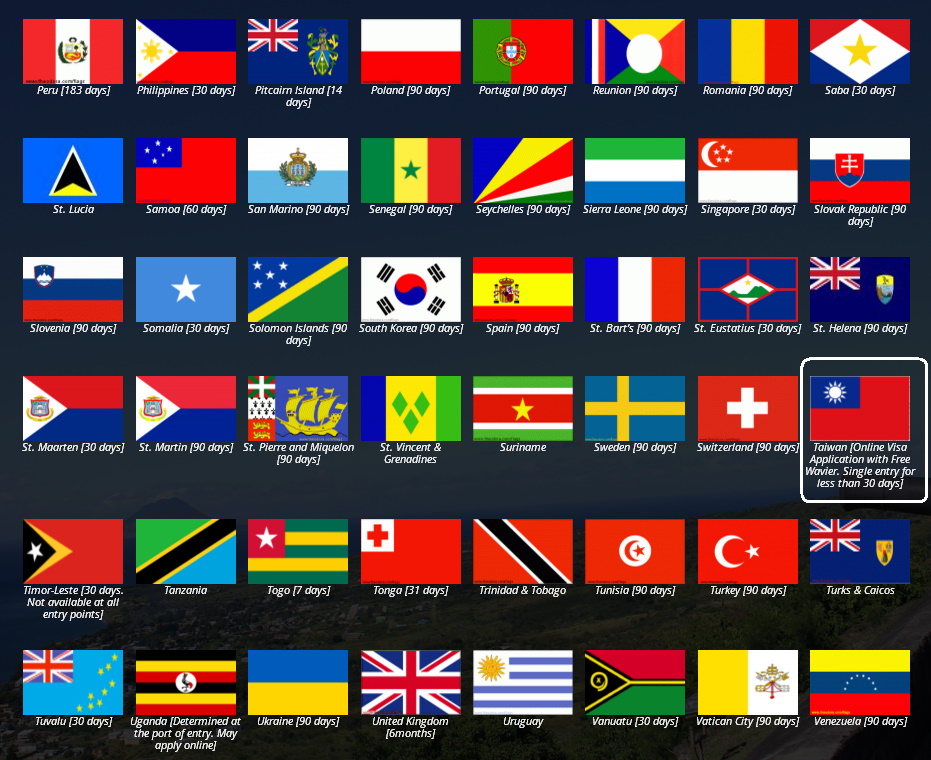

Ottawa, June 26, 2017— As of 5:30 a.m. EDT June 27, 2017, citizens from Antigua and Barbuda will need a visa to travel to Canada. At that time, any existing electronic travel authorization (eTA) issued to a citizen of Antigua and Barbuda will no longer be valid, and these travellers will not be able to use their eTA to travel to Canada.
After carefully monitoring the integrity of Antigua and Barbuda’s travel documents, the Government of Canada has determined that Antigua and Barbuda no longer meets Canada’s criteria for a visa exemption.
Canada continues to welcome visitors from Antigua and Barbuda, while protecting the integrity of our immigration system and ensuring the safety of Canadians. Most approved visa applicants will receive a multiple-entry visa, which allows travellers to visit Canada as many times as they want, for up to 10 years. For each visit, travellers can stay for up to six months.
Information for travellers outside Canada
For travellers in transit
During the first 48 hours after the imposition, or until 5:29 a.m. June 29, the Government of Canada will be working closely with airlines to help facilitate travel for those who are already in transit to Canada.
For travellers in Antigua and Barbuda with confirmed flights to Canada during the next two weeks
To help speed up visa processing, citizens who are in Antigua and Barbuda and who have already booked a flight to Canada, departing on or before July 11, can send their complete visa application, along with proof that they purchased their flight before June 27, the appropriate fees and supporting documents, directly to the Visa Office in Port of Spain, Trinidad and Tobago, for priority processing. If they go in person before noon, their application will be processed that day. If they send via courier, their application will be processed within 24 hours.
Note that while these applicants will receive priority processing, they are not guaranteed a visa by their travel date and may need to make alternative travel arrangements.
For all other travellers, including those outside of Antigua and Barbuda and those with flights leaving after July 11, 2017
Antiguan and Barbudan citizens can apply online for a visa as of 5:30 a.m. June 27, or submit a paper application in person or by mail to any Visa Application Centre. The Visa Application Centre in Port of Spain, Trinidad and Tobago, is the closest one to Antigua and Barbuda.
Most applications (about 80 percent) are processed within 14 days.
Note that having pre-booked travel plans or a previously valid eTA does not guarantee that a traveller will be issued a visa.
Dual citizens
Dual Canadian-Antiguan and Barbudan citizens need a valid Canadian passport to travel to Canada. A valid Canadian passport is the only reliable and universally accepted travel document that provides proof of a traveller’s Canadian citizenship and that they have the right to enter Canada without being subjected to immigration screening.
Antiguan and Barbudan dual citizens whose second citizenship is from a visa-exempt country, other than Canada or the United States, can apply for an eTA to fly to Canada using the passport of the visa-exempt country.
Lawful permanent residents of the United States (Green Card holders)
All lawful permanent residents of the U.S. need an eTA to fly to, or transit through a Canadian airport.
Antiguan and Barbudan citizens who have a valid Green Card will need to apply for an eTA. This includes those who held an eTA before the visa imposition, since all eTAs issued to Antiguan and Barbudan citizens will no longer be valid.
When flying to Canada, these travellers must travel with their U.S. Green Card and the valid passport that they used to apply for their eTA. When driving or arriving by train, bus or boat, Green Card holders do not need a visa or an eTA, but they will need to bring proof of their permanent residence.
Visitors, students and temporary workers inside Canada
Antiguan and Barbudan citizens can continue to stay in Canada for as long as they are authorized to do so. Study and work permits, as well as visitor records, remain valid.
However, those who plan to travel outside Canada and then re-enter will need to apply for a visa to return to the country.
Link: http://www.cic.gc.ca/english/department/media/notices/2017-06-26.asp
News Release
From Immigration, Refugees and Citizenship Canada
June 19, 2017 – Ottawa, ON – Today, Bill C-6, an Act to amend the Citizenship Act and make consequential amendments to another Act, received Royal Assent.
Changes to the Citizenship Act reflect the Government’s commitments to streamline the citizenship process, enhance program integrity, and repeal certain provisions of the Act that treated dual citizens differently than other Canadians. Some changes to the Citizenship Act take effect immediately upon Royal Assent, while others take effect at later dates to ensure the necessary regulatory changes and departmental preparations are in place for a smooth transition for applicants.
As of today, applicants are no longer required to intend to continue to live in Canada once granted citizenship, providing more flexibility to Canadians who may need to live outside of Canada for work or personal reasons. Immediate changes also include repealing the ability to revoke citizenship from dual citizens convicted of crimes against the national interest. Dual citizens living in Canada who are convicted of these crimes will face the Canadian justice system, like other Canadian citizens who break the law.
Some of the changes that are expected to take effect later this fall will give more flexibility to both younger and older eligible immigrants to obtain citizenship. These changes include reducing the time permanent residents must be physically present in Canada to three out of five years, instead of four out of six years, before applying for citizenship; amending the age range for people to meet the language and knowledge requirements for citizenship from 14-64 years to 18-54 years; and counting some of the time applicants spend in Canada as temporary residents or protected persons toward their physical presence requirements for citizenship.
Other changes that are expected to take effect next year include strengthening the citizenship revocation process by having the Federal Court as the decision-maker on most cases, thereby enhancing the procedural fairness of the process. For a complete list of changes made to the Citizenship Act and when they take effect, please read the Bill C-6 Backgrounder.
Quotes
“Canada’s identity has always been shaped by the significant economic, cultural and social contributions of immigrants. Changes to the Citizenship Act will enhance program integrity, while giving more flexibility to eligible applicants to meet the requirements for citizenship so that they can continue building successful lives in Canada.”
The Honourable Ahmed Hussen, Minister of Immigration, Refugees and Citizenship
Related Products
Bill C-6 Receives Royal Assent
Backgrounder
From Immigration, Refugees and Citizenship Canada
Bill C-6, an Act to amend the Citizenship Act and make consequential amendments to another Act, received Royal Assent on June 19, 2017. This chart explains the changes that have been made to the Citizenship Act and indicates when these changes are expected to come into force, please read the Bill C-6 Backgrounder.
Link: https://www.canada.ca/en/immigration-refugees-citizenship/news/2017/06/citizenship_billreceivesroyalassent.html
Link: https://www.canada.ca/en/immigration-refugees-citizenship/news/2017/06/bill_c-6_receivesroyalassent0.html
News Release
From Immigration, Refugees and Citizenship Canada
June 5, 2017—Markham, ON – Improvements to the Express Entry system taking effect tomorrow help support the integration of skilled workers as they build their new life in Canada. This benefits Canada as newcomers are able to more quickly put their skills to use to help strengthen and grow Canada’s economy.
Starting on June 6, new points will be awarded to candidates with siblings in Canada. Studies have shown that as newcomers build a new life in Canada, those with siblings benefit by having improved integration into Canadian society.
Other changes to the Express Entry system include points for candidates with strong French language skills, removing the requirement to register with Job Bank and a new approach to rank tied candidates in the Express Entry pool.
Programs managed through the Express Entry system attract high-skilled foreign workers and former international students who want to live in Canada permanently and whose in-demand skills are needed by employers across the country to help build businesses and grow the economy.
Quotes
“Economic immigration programs managed by the Express Entry system attract highly talented and skilled immigrants that businesses need to help grow and strengthen our economy. As the improvements are implemented, I’m pleased that Canada will welcome more skilled immigrants with siblings in Canada who can help them quickly integrate into their new life here, and that we’ll continue to see Francophone minority communities flourish.”
– The Honourable Ahmed Hussen, Minister of Immigration, Refugees and Citizenship
“After two years at University of British Columbia, Vancouver was kind of starting to feel like home. I knew finding a job in Vancouver in architecture was not going to be a problem, with my background and especially having a degree from Canada. Express Entry was the option that I had to go for if I wanted to stay in Canada. The application process was very easy. Everything was very clear. Everything was very well explained on the website. My experience with Express Entry was so good that I would actually recommend it to everyone who actually has the option to apply”
– Express Entry participant, Miguel, Architect
“If what you’re looking for is safety, a feeling of oneness, feeling like you’re not being judged, and you’re actually part of the community, I wouldn’t think twice before choosing Canada. The Express Entry system, I think it’s by far the easiest system on the planet. I think it’s transparent. All the information is out there. Everything’s clear. I think going through the Express Entry system was probably easier than getting my driving licence. The whole process took three months for me, and I couldn’t have been happier. I think, in Canada, with hard work and perseverance, the opportunities are endless.”
– Express Entry participant, Dinesh, Business Analyst
Link : https://www.canada.ca/en/immigration-refugees-citizenship/news/2017/06/express_entry_tobeginawardingadditionalpointstocandidateswithsib.html
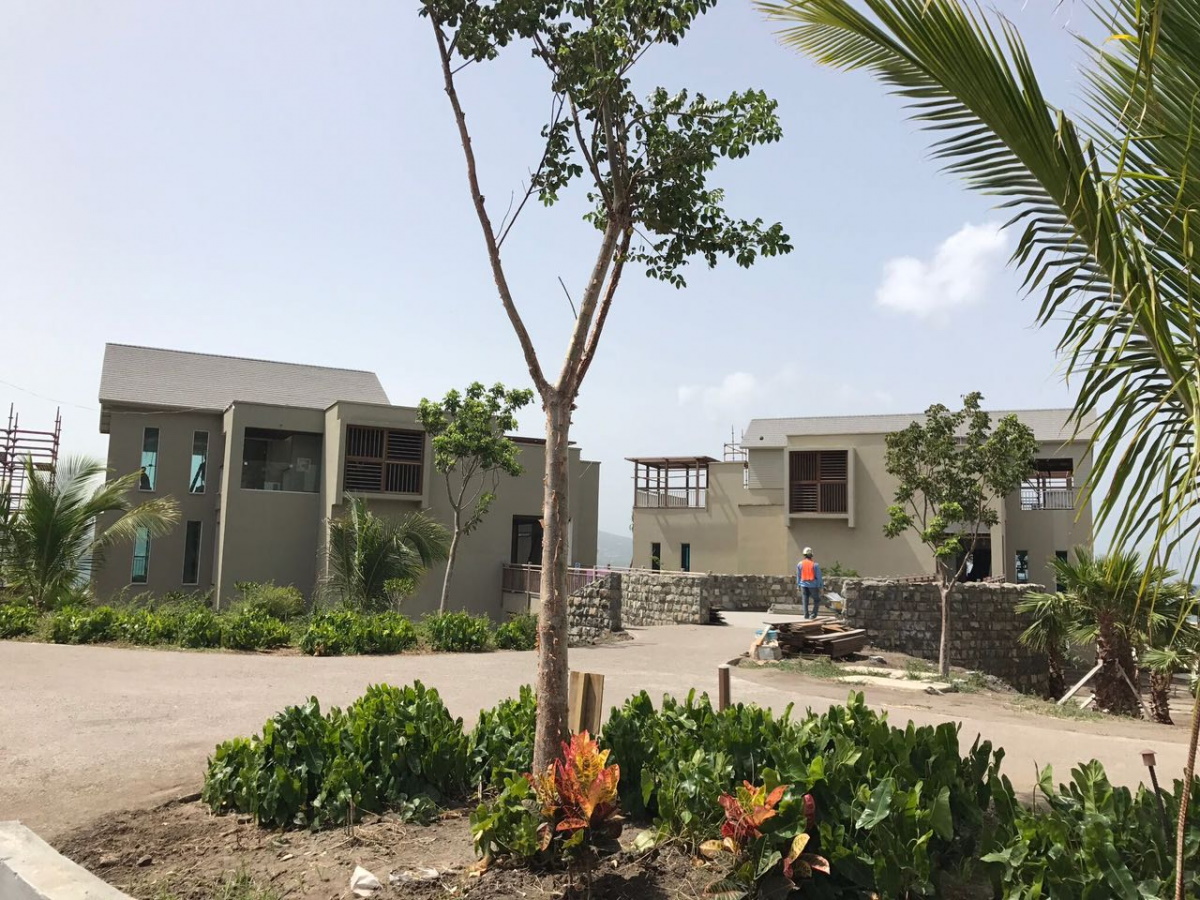
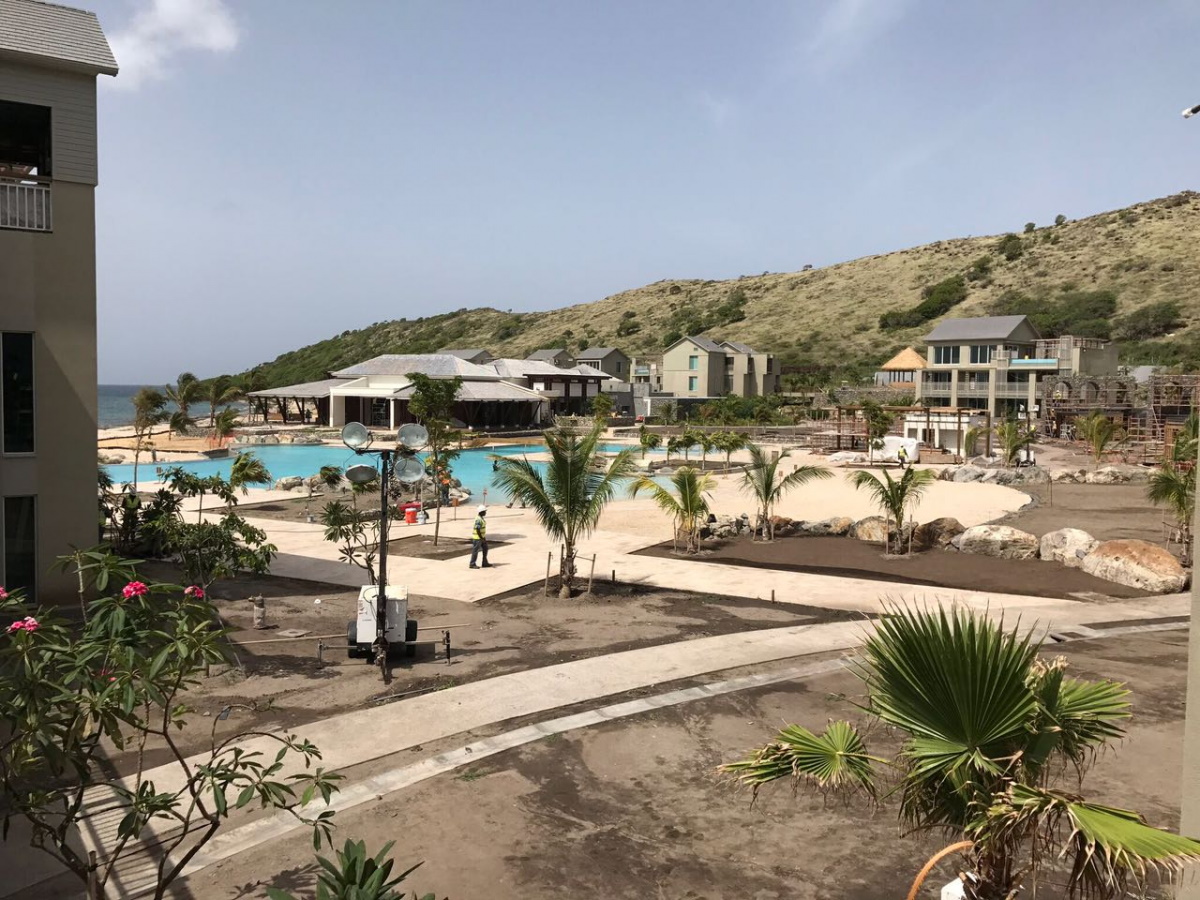

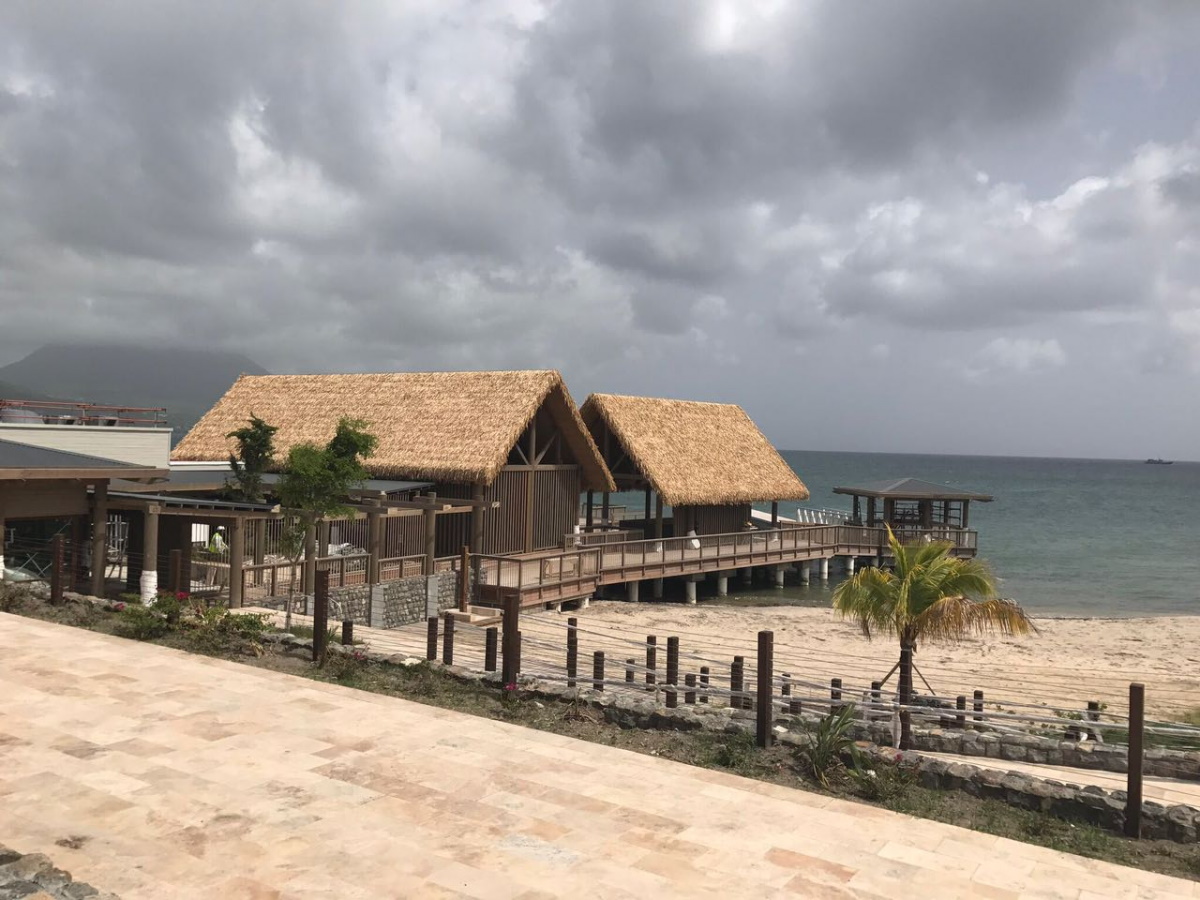
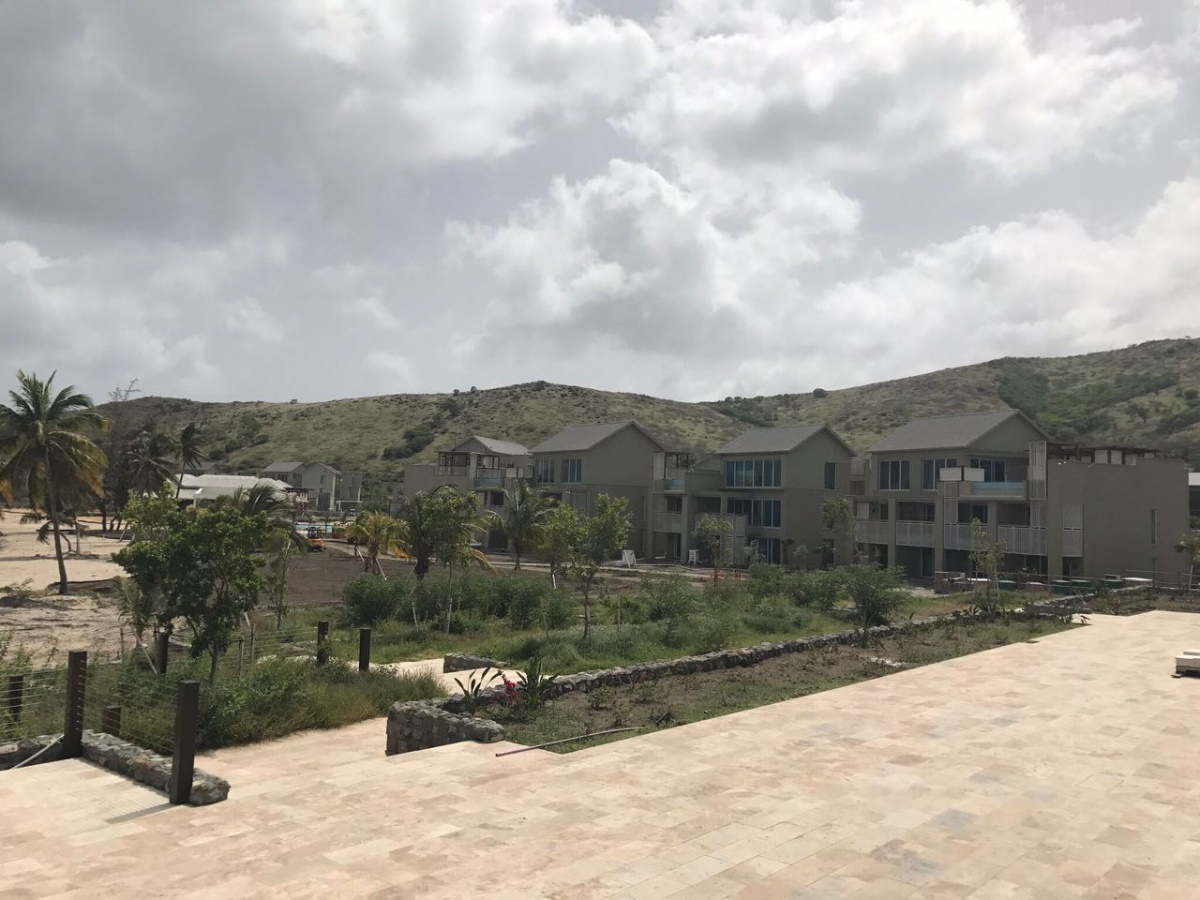
Stage of the Park Hyatt Hotel in St. Kitts.
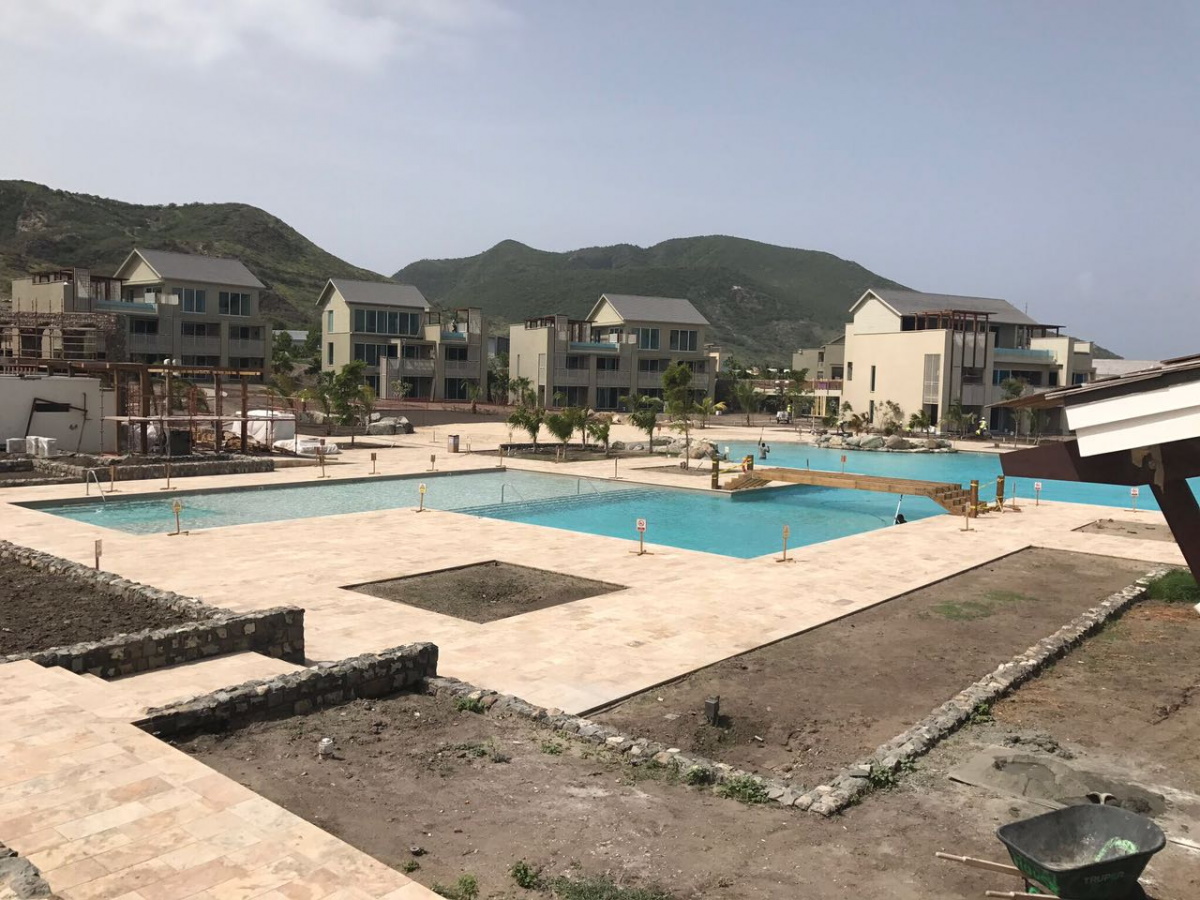
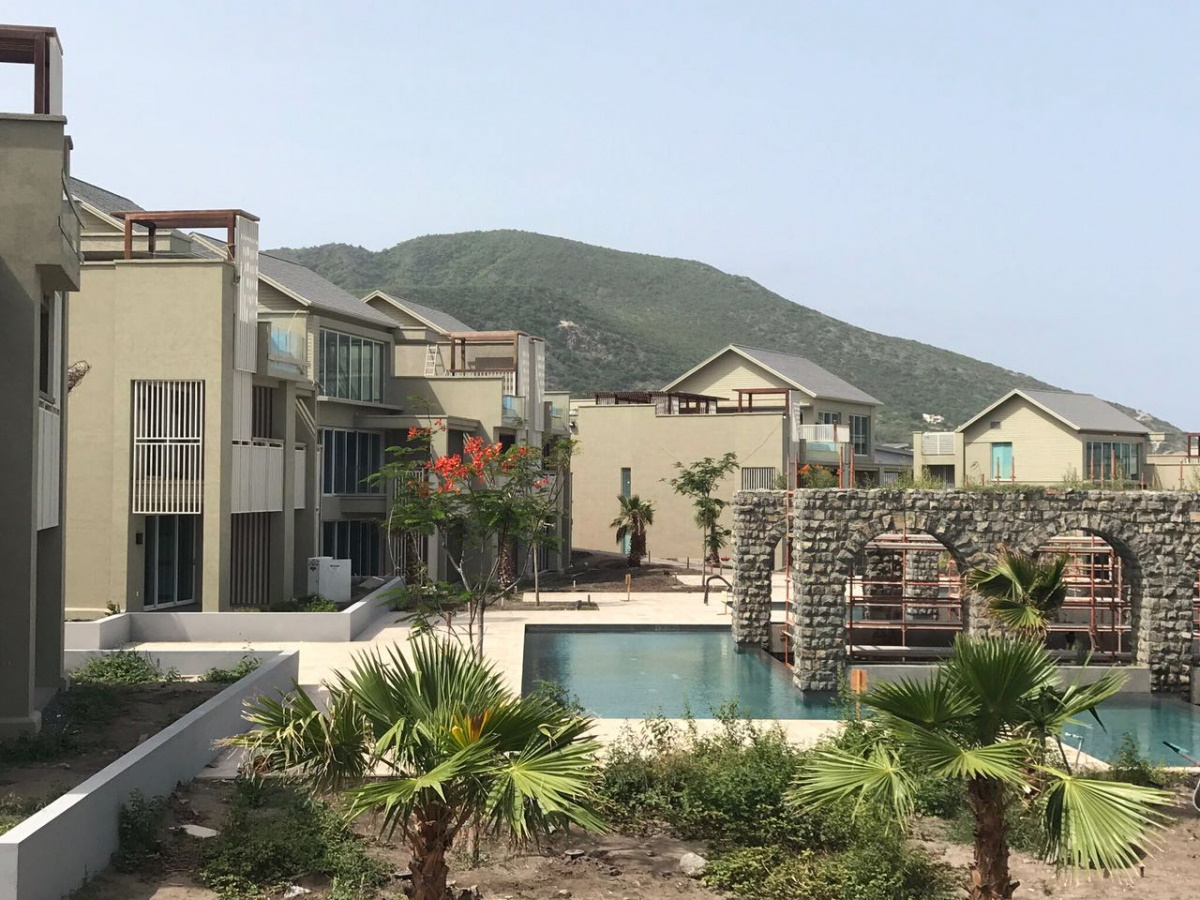

The construction Stage of the Kempinski Hotel in Dominica.









The construction Stage of the Kempinski Hotel in Dominica.
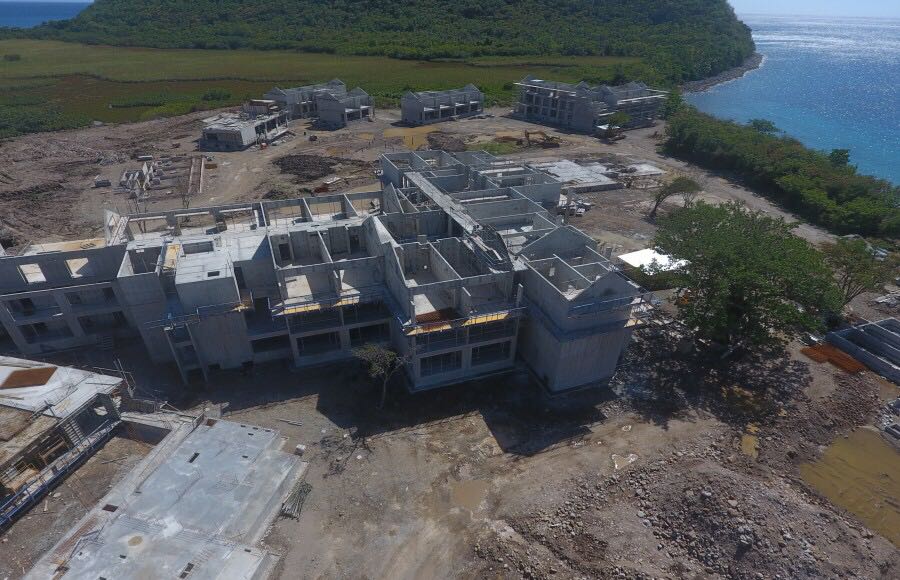
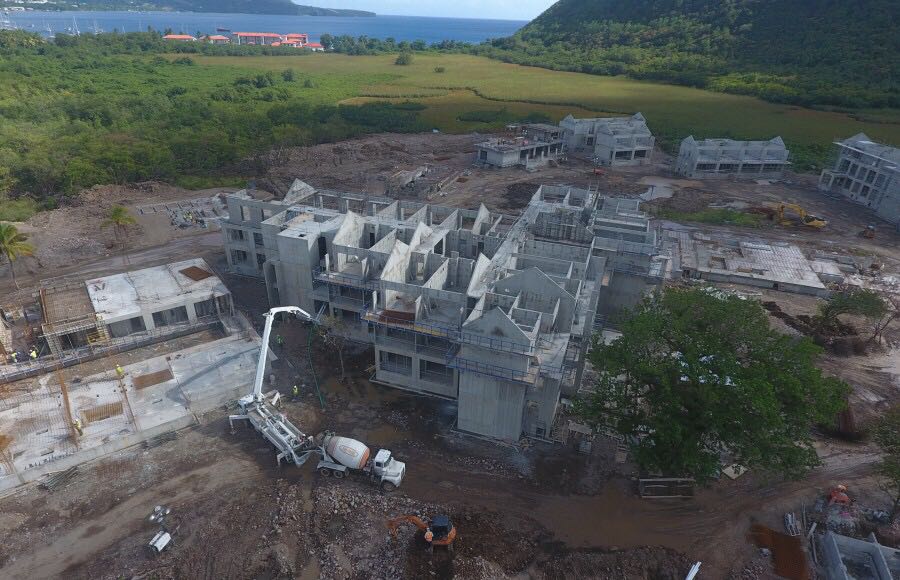
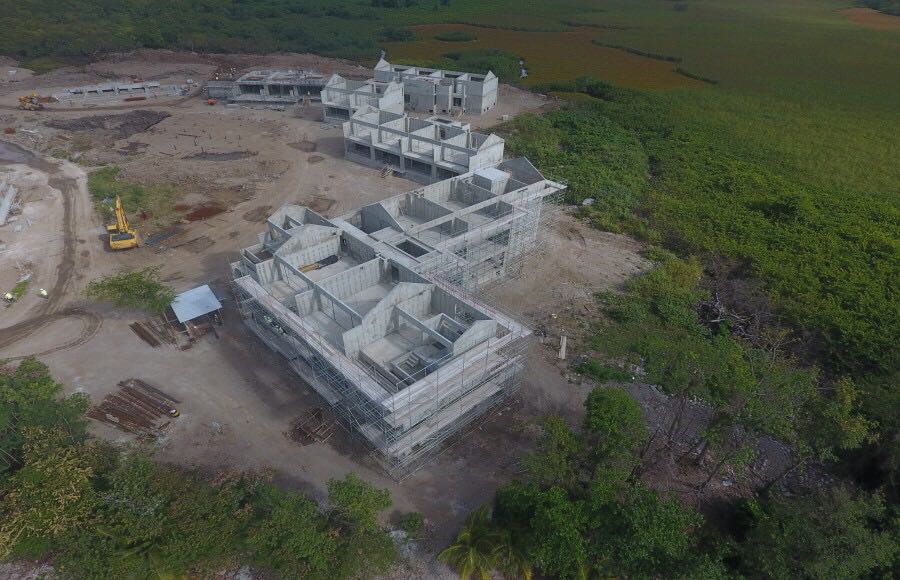
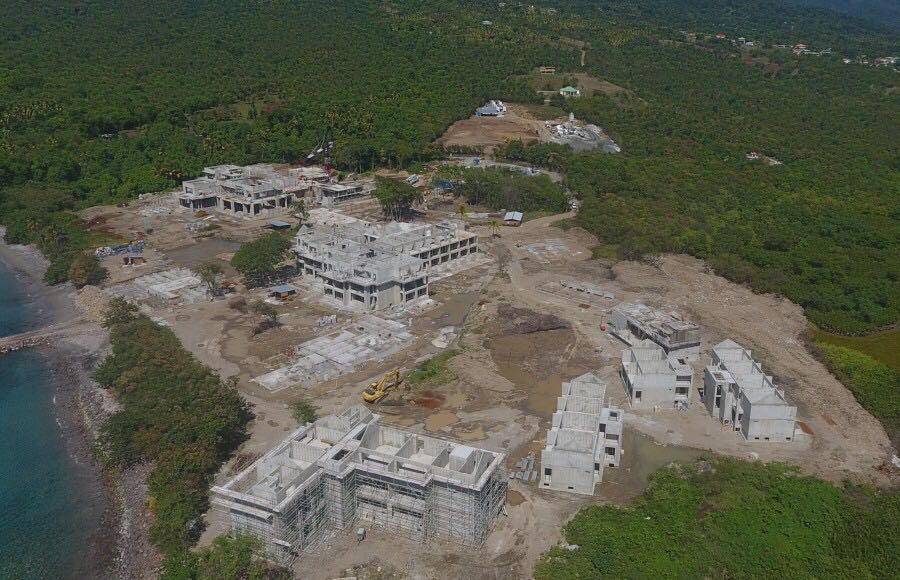
Government of Canada Eliminates Conditional Permanent Residence for Spouses and Partners
News Release
From Immigration, Refugees and Citizenship Canada
April 28, 2017—Ottawa, ON – To uphold its commitment to family reunification and to support gender equality, the Government of Canada has removed the condition that applied to some sponsored spouses or partners of Canadian citizens and permanent residents to live with their sponsor for two years in order to keep their permanent resident status.
This change applies to anyone who was subject to the requirement, as well as to new spouses and partners who are sponsored as permanent residents.
Eliminating conditional permanent residence supports the Government’s commitment to gender equality and to combat gender violence. The regulatory change addresses concerns that vulnerable sponsored spouses or partners may stay in abusive relationships because they are afraid of losing their permanent resident status even though an exception to the condition existed for those types of situations.
The Government of Canada does not want any sponsored spouse or partner who is in an abusive situation to remain in it for fear of losing their status in Canada.
The change also supports family reunification, which is a key immigration commitment of the Government of Canada. Removing the condition recognizes that the majority of marriages are genuine and most spousal sponsorship applications are made in good faith.
Taiwan: Online visa application with free waiver. Single entry for less than 30 days
